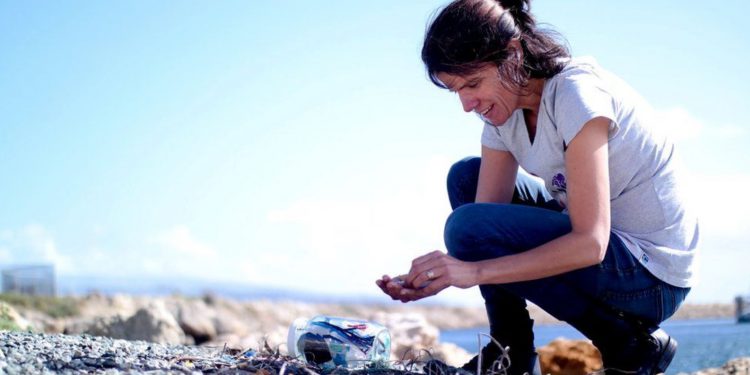The BBC reports that in March, Mars Wrigley and Danimer Scientific announced a new two-year partnership to develop compostable packaging for Skittles in the US, estimated to be on shelves by early 2022.
It involves a type of polyhydroxyalkanoate (PHA) that will look and feel the same as plastic, but can be thrown into the compost where it will break down, unlike regular plastic that takes anywhere from 20 to 450 years to fully decompose.
Danimer Scientific’s polymer product is made from canola oil, and it acts similarly to wood, meaning it breaks down when bacteria interact with it. “PHA goes away naturally and is still a very strong material for all types of products,” says Stephen Croskrey, chief executive of Danimer Scientific, based in the US state of Georgia.
Alastair Child, Mars Wrigley vice-president for global sustainability, says: “Our vision is to support a circular economy where packaging never becomes waste and by 2025 we plan to reduce our virgin plastic use by 25% and for 100% of our plastic packaging to be reusable, recyclable or compostable.”
Rebecca Prince-Ruiz recalls how her eco-friendly movement Plastic Free July has progressed over the years. What began in 2011 as 40 people committing to going plastic-free one month a year has gained momentum to 326 million people pledging to adopt this practice today.
“I’ve seen that uptick in interest every year,” says Ms Prince-Ruiz, who is based in Perth, Australia, and author of Plastic Free: The Inspiring Story of a Global Environmental Movement and Why It Matters.























